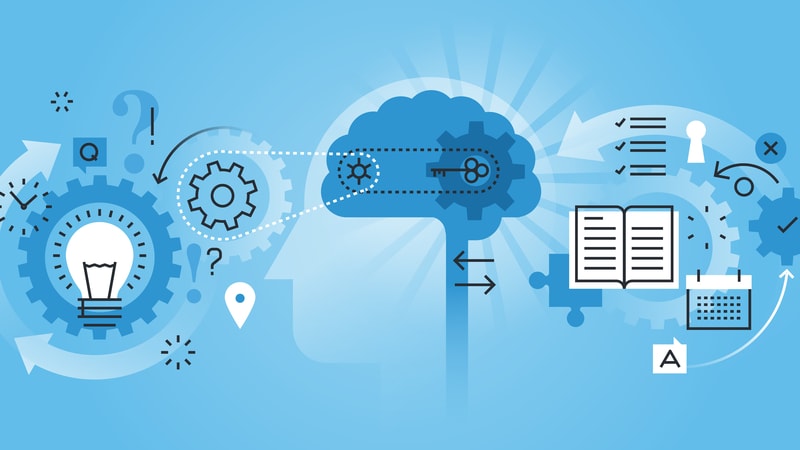
Federal and private-sector officials discussed the benefits of integrating artificial intelligence (AI) technologies into Federal agency operations during a panel discussion at this weekend’s Dell Experience at the South by Southwest (SXSW) Conference in Austin, Texas, as well as ethical and technical challenges that come with developing AI applications.
Among the panelists were Rep. Robin Kelly, D-Ill., Assistant Director of Artificial Intelligence in the White House Office of Science and Technology Lynne Parker, Founder and CEO of Decode Meagan Metzger, and William Welser IV, adjunct AI and emerging tech expert at RAND and CEO and co-founder of Swiftwater.
Parker spoke about the Trump administration’s executive order last month to advance U.S. AI capabilities, adding that this initiative not only directs Federal agency contributions to the larger government effort, but also will enhance citizens’ everyday experiences and interactions with the government. She said that AI technology has already made strides in improving certain industries, such as healthcare.
“One of the great things about this executive order is that it’s got everyone organized behind what are the main things we need not only to help everyday citizens to experience the benefits of AI, but also experience it through their interactions with government,” Parker said.
Major hurdles the government currently face in deploying advanced technologies are legacy systems and staffing shortages. Metzger said that outdated government IT contributes to the lack of demand from the American workforce in Federal positions, and that fixing the former will naturally boost the latter. Namely, she said this can occur by upgrading network infrastructure so it can support AI applications.
One of the short-term ways the government can find the manpower needed to advance AI programs to long-term sustainability is by collaborating with the private sector to have industry professionals work for the government for a couple years at a time, Kelly said.
Welser called for the private sector to take more of a public-interest approach to interacting with the government in developing AI.
“What I’d love to see is the tech companies show up and actually try to educate,” he said. “These are complex things. Don’t show up because you want to lobby. Don’t show up because you’re hoping you’re going to have the regulation run your way. But show up because you’re going to make our leaders more educated.”
Building trustworthy, unbiased, and secure AI systems was also a concern of all panelists.
“What’s really lacking in this AI space is trust and transparency with the systems,” Wesler said, adding that people want to know their information is not only safe but is also used in ways that productively better their lives. “[But] many times the algorithms have been built so they actually protect you.”
Panelists also said that collecting diverse data sets to feed into AI systems is key to developing unbiased applications that will consequently optimize them for the widest demographic of Americans.
“AI is going to learn what we teach it, so if we have applications in the [Defense Department] where the humans that are involved in the process of training the data are all white 22-year-old soldiers, then there’s going to be bias in the datasets that end up in the algorithms,” Metzger said.
